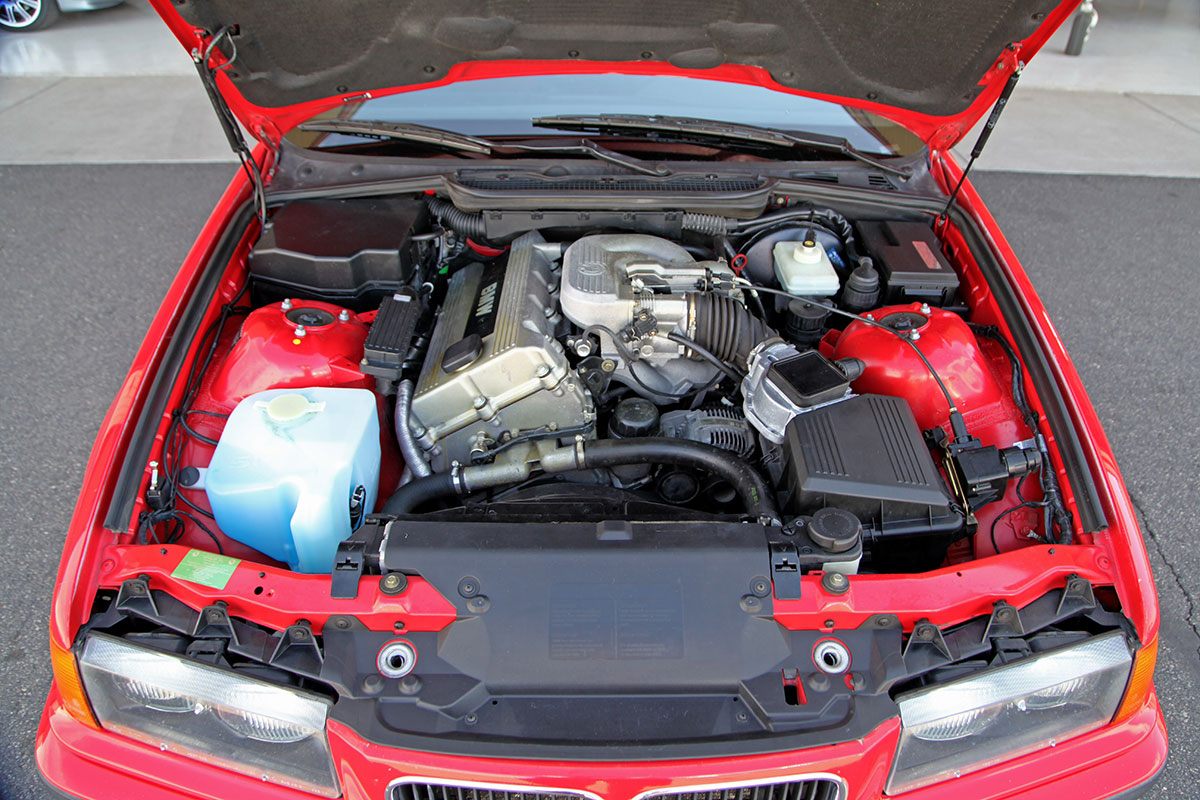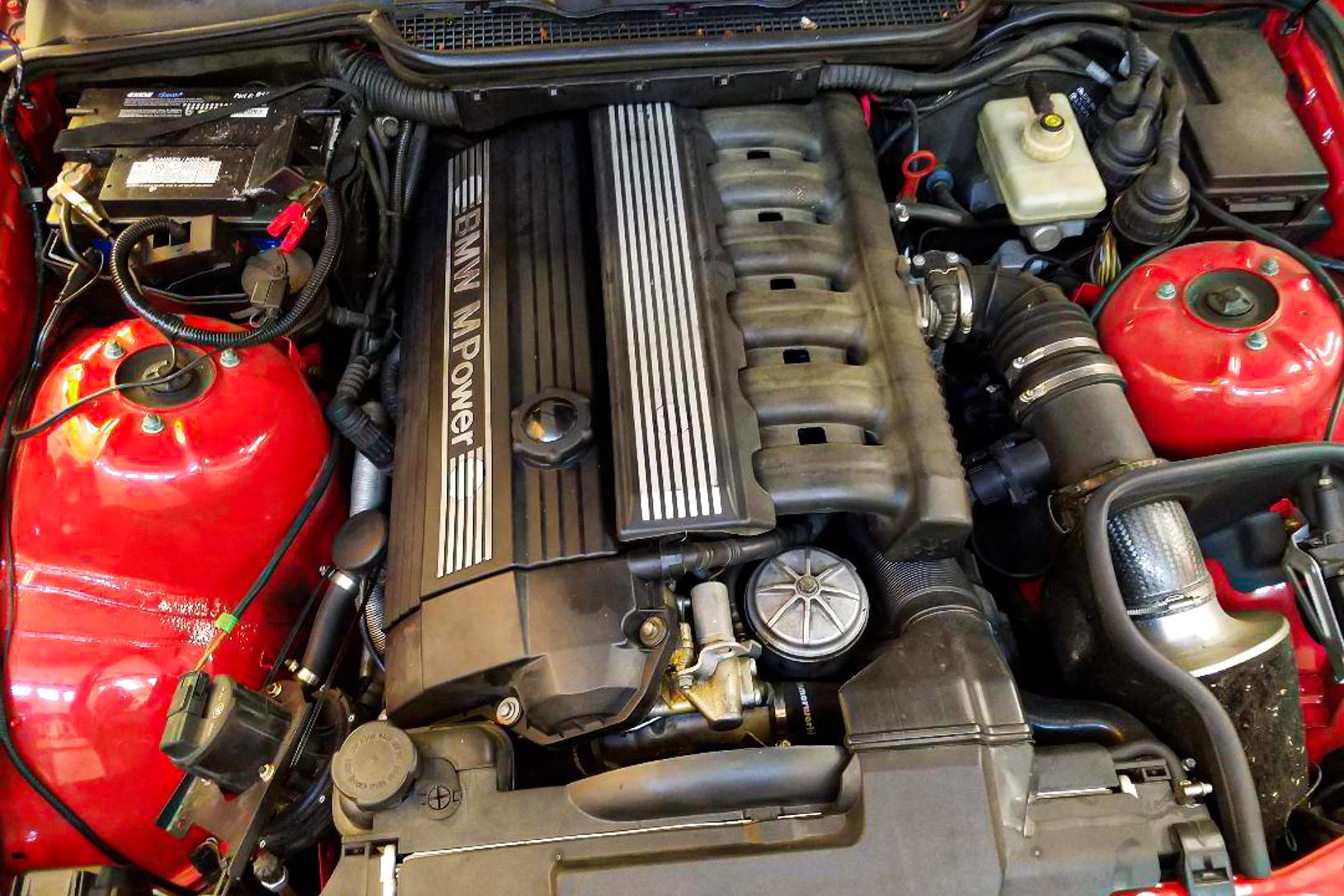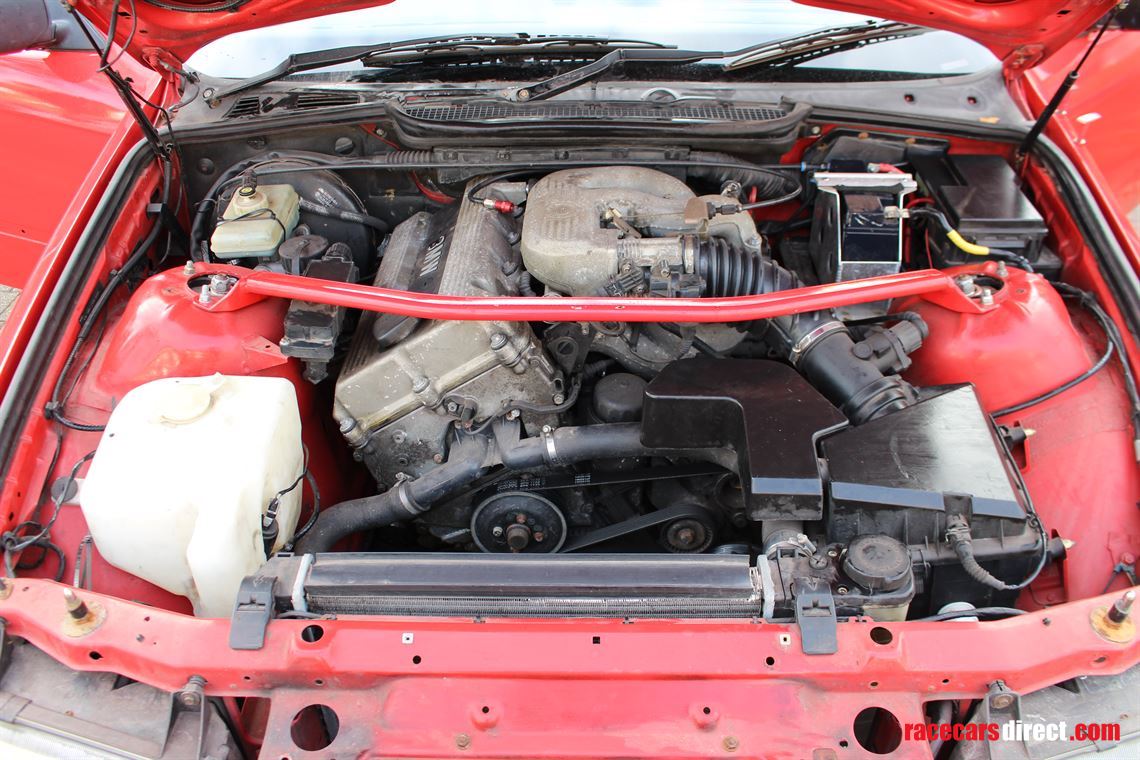Maintaining Your BMW 318ti: Necessary Tips for Longevity
Maintaining Your BMW 318ti: Necessary Tips for Longevity
Blog Article
Vital Considerations for Picking the Ideal Engine for Your Requirements
In the world of choosing the optimal engine to satisfy your needs, numerous critical elements need thorough consideration to make sure ideal efficiency and performance. From the nuanced equilibrium in between power and performance to the often-overlooked elements of maintenance and service needs, each element plays a pivotal duty in determining the most suitable engine for your particular needs.
Power and Efficiency
When examining engines for ideal efficiency, it is essential to focus on both power result and performance. Power output determines the capability of an engine to create energy, which straight impacts its performance. A high power output is necessary for demanding tasks such as durable applications or high-speed demands. It ensures that the engine can take care of the workload effectively and effectively. Nevertheless, power alone is not sufficient; efficiency plays a substantial function in figuring out the overall efficiency of an engine. Efficiency describes how well the engine converts gas into functional energy. An extra effective engine will supply far better gas mileage, reduced exhausts, and lowered operating expense. Striking the ideal balance in between power output and effectiveness is vital to choosing an engine that satisfies your particular requirements. When making this choice, it is necessary to think about factors such as the meant use of the engine, ecological effect, and long-term expense effects. By very carefully examining both power and performance, you can pick an engine that provides optimal performance and fulfills your requirements successfully.
Fuel Effectiveness and Economy
In the world of engine choice, the factor to consider of gas performance and economic situation holds critical value. Gas performance describes the engine's capability to transform gas right into power with very little waste, straight impacting operating expense and environmental sustainability. bmw 318ti. When picking an engine, evaluating its fuel economic climate is vital to identify lasting cost savings and environmental effect. Engines with greater fuel efficiency not only reduce fuel expenditures yet likewise decrease carbon discharges, contributing to a greener operation.

Compatibility and Application
Thinking about the fuel performance and economic climate of an engine, the next crucial facet to address is its compatibility and application within particular operational contexts. Compatibility refers to exactly how well the engine integrates with the overall system or tools it powers.
Moreover, the application of the engine is equally crucial. Different engines are created for particular objectives, whether it be commercial machinery, marine vessels, autos, or power generators. Recognizing the intended application permits for the choice of an engine that can provide the necessary power outcome, torque, and functional qualities. A high-revving engine made for efficiency vehicles would not be ideal for heavy-duty building tools that calls for high torque at reduced rates.
Maintenance and Solution Requirements
Upkeep and solution demands play an important duty in guaranteeing the longevity and optimum performance of an engine. Regular upkeep is vital to protect against break downs, extend the life expectancy of the engine, and maintain its efficiency. When selecting an engine, it is necessary to consider the manufacturer's recommended upkeep routine and the availability of solution facilities or qualified professionals.
Elements such check my site as the regularity of oil this website changes, filter replacements, and total assessments can dramatically impact the engine's performance. Some engines might call for even more constant servicing based upon their design and usage, while others may have longer intervals in between maintenance checks. It is vital to stick to these service needs to prevent costly repair services and unanticipated downtime.

Expense and Spending Plan Factors To Consider
When choosing an engine for a certain application,Budget restraints frequently play a significant role in the decision-making procedure. When thinking about the expense and budget ramifications of choosing an engine, it is necessary to evaluate not just the initial acquisition cost however also the lasting costs connected with maintenance, fuel usage, and possible upgrades or repair work. It is critical to strike an equilibrium between the ahead of time cost of the engine and its general lifecycle expenses to make basics sure that the picked engine stays economically lasting throughout its operational lifespan.
Factors such as fuel effectiveness, resilience, and integrity can straight influence the overall price of ownership of an engine. While an extra pricey engine may have higher ahead of time costs, it could possibly result in reduced upkeep and fuel expenditures gradually, hence providing much better worth in the future. Furthermore, thinking about the availability and cost of extra parts, in addition to the convenience of upkeep and solution, can help prevent unanticipated financial strain in the future. By very carefully evaluating these cost and spending plan factors to consider, you can make an informed decision that lines up with your financial constraints and functional needs.
Verdict

Gas performance refers to the engine's capability to transform fuel into power with minimal waste, straight affecting operating prices and ecological sustainability.Factors affecting gas performance consist of engine style, combustion effectiveness, and overall performance optimization. Additionally, selecting the proper gas type and grade as advised by the engine producer can even more enhance effectiveness and prolong engine lifespan.
Engines with good utility functions and readily available components can decrease maintenance costs and decrease the time the engine is out of procedure - bmw 318ti. It is critical to strike a balance in between the upfront cost of the engine and its general lifecycle costs to ensure that the selected engine continues to be financially lasting throughout its operational lifespan
Report this page